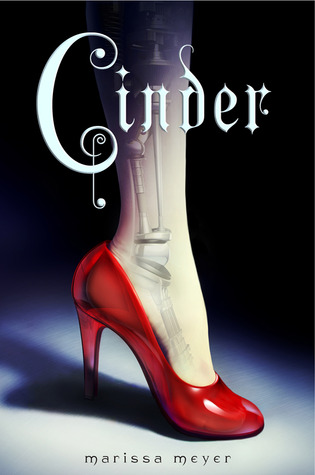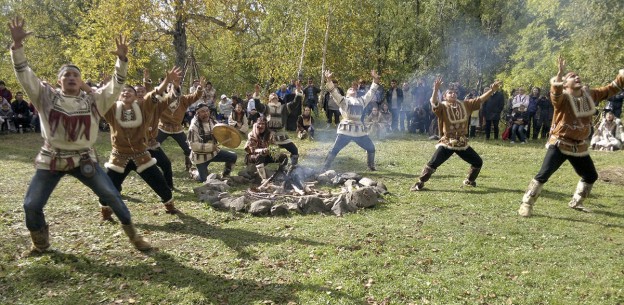
In my quest for better writing skills, I joined critters.org a month or two ago, and started reading other people’s work and trying my best to offer thoughtful, noninflammatory feedback. It’s been fascinating to see the ways that a story can go wrong, seriously or subtly. The way things are set up, you can read the crits that others offered after the fact, which has been interesting to see what they catch in stories I think are perfect enough. And there’s always something.
One of my own stories went through the queue and came up for crits this week, and it’s been interesting. The Orchard Keeper’s Wife sprang from my mind last summer pretty much fully formed. I found a note I had written a few years earlier about an “apple wife” and suddenly there was a story. I chose a name – Alma, the Kazakh word for apple – based on the geographic origins of apple trees, sketched an outline and spent an evening writing up a lovely little fable that came in just at 2,000 words.
Then I sat on it, because I couldn’t imagine what to change in it but I couldn’t believe that a first draft could be perfect. Fortunately, the kind critters have helped me out. In addition to smaller issues, many pointed out a major flaw and source of confusion. I started in the middle of my story, then went back to the beginning. Always begin at the beginning, right? So simple.
Here’s the beginning I should have used, currently five paragraphs in…
“Alma, my sweet love,” he pleaded with her the first winter, “come outside for a bit.” He tried to tempt her with descriptions of sunsets, tales of a squirrel who would eat from your hand, the promise of a sleigh ride in the snow.
Alma sat at the kitchen table, her whole body curled around a cup of warm, weak tea.
“No,” she said, “If I walk outside now, I may blow away. Let me stay here, I like it here.”
When the days began to lengthen, though, she began to stir around the house, and even consented to poke her head out the door and look across the young trees of the orchard. Sometimes he found her in the root cellar, rearranging the apples in their bins and sinking her bare feet into the earthen floor>.
She took up the pink flowered fabric from the market and began to sew a dress. As the weather softened, she began to sing as she embroidered flowers and leaves along the hem.
And mid-stream beginning I had used…
Alma came back to him every fall. He’d be pressing apples for cider, or hauling in fruit from the orchard, and there she’d be, with a smile in her dark eyes.
“How is the harvest this year?” she’d ask, as if she didn’t already know how many apples he’d gathered. Then she’d stoop to help him, piling up the rosy fruit and balancing the basket on her hip.
For weeks, the little house took on the warm scent of apples as they cooked apple sauces, apple butters, apple jams. They spent whole mornings cutting and peeling apples, till they were covered in apple juice up to their elbows and a kiss inserted in conversation was always sticky and sweet.
When the last jar of jam was sealed, the last bottle of cider corked, they loaded the wagon and went to trade the bounty of the harvest for flour and salt, nails and hairpins, a new pair of leather boots for him, a length of pink flowered cloth for her.
With the supplies, they returned to the little house beside the orchard. The leaves of the apple trees scattered with the wind and Alma spent long days curled in the bed while the storms growled through the chimney.
Now I have some direction to revise the thing. Then I’ll look for somewhere to submit it to, the next step in a story’s lifecycle. Only first I have to finish the 15,000 novelette I’ve been working on for the last two weeks. It involves Beauty and the Beast, and was set off by the rather inspirational numbers here, on JA Konrath’s blog. If you’re a kindle user, keep an eye out because I’ll be e-publishing that under the pen name of Nicole Dreadful. And then, well, let’s just say that last night I started outlining for Nanowrimo, only to realize this morning that it is two months away.












